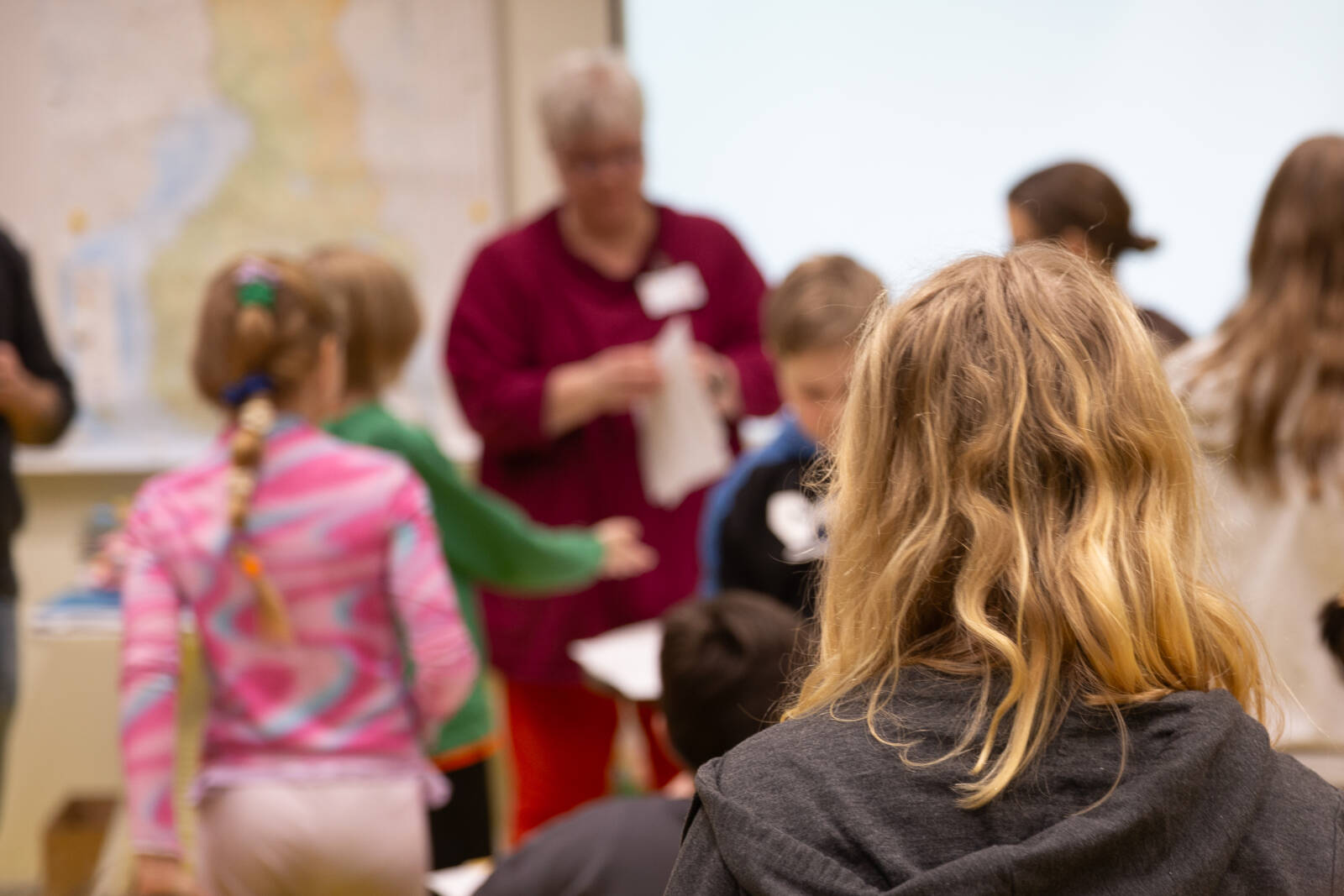KOTI challenges the notion of refugee education as an emergency measure and views refugee students not as temporary visitors in the classroom who are not discussed in education policy and practice, but as integral parts of Finnish classrooms. KOTI explores what theoretically defined, effective refugee education looks like in the everyday life of these classrooms.
The need for forced migration is not likely to ease in the near future, as evidenced by ongoing events such as the occupation of Palestine, the war in Ukraine, and prolonged crises in Afghanistan and Syria. Many families fleeing conflict have come to stay, and Finland can be a trailblazer in promoting their inclusion in Finnish society. Schools play a crucial role in welcoming newcomers. With thoughtful pedagogical practices, schools can provide children fleeing war with safety, stability, and the necessary tools for learning, while also conveying a message to families that investment is being made in their children and their future.
The goal of the KOTI project is to develop a new tradition of refugee education in Finland based on researched knowledge – something that has been lacking until now. Another objective is to create a bold and respectful language regarding refugees and bring this into both societal and educational discussions through the medium of art.
Our research perspective is theoretically practice orientated. We perceive school practices as interwoven, which are enabled by context-specific conditions of time and place. We examine and modify practices through participatory action research. We will also interview the families of refugee students and conduct a series of interventions with teachers and students, inviting participating students to communicate information through their chosen art form. Using the generated information, we aim to transform Finnish refugee education practices from temporary panic solutions to more sustainable approaches.

